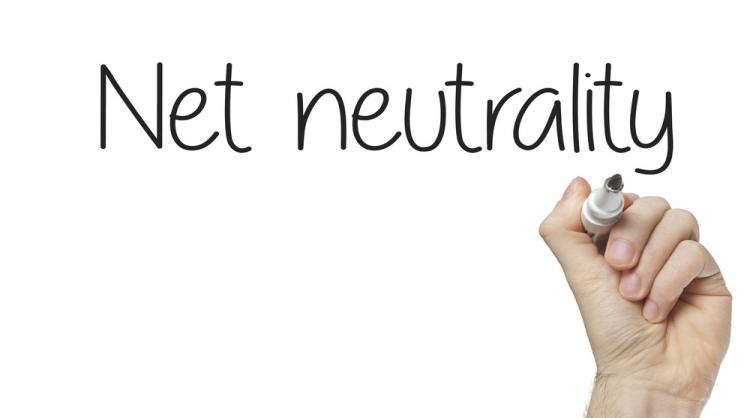Please Congress, Don’t Make Us Beg, “Fix” Net Neutrality Now!
February 17, 2017 | by Andrew Regitsky

It should be readily apparent to FCC Chairman Ajit Pai that it will be a long and difficult climb for the Commission to “fix” it’s Open Internet Order, primarily by reclassifying broadband Internet access as an information service. To succeed, the Commission will have to reopen its proceeding (Docket 14-28), accept industry comments and reply comments, write and release a new order, and craft a legal defense for reclassification that would pass the inevitable court appeals. In addition, the agency will have to withstand a public relations assault that would almost certainly include an avalanche of consumer letters, speeches from Democratic politicians and scathing newspaper editorials, all convinced that the FCC is killing net neutrality. Even if Pai wins, it will be an ugly battle that will leave the Commission and the Chairman scarred for the remainder of his term.
More importantly, as soon as the next Democratic president is elected, he or she can simply appoint FCC commissioners that could reverse all of Pai’s actions. That is why we strongly believe that Congress must write new net neutrality rules and soon. And the remarkable thing is that both political parties are not that far apart. A compromise is eminently doable.
First it should be noted that Republicans have come a long way toward accepting basic net neutrality principles. For a long time they would not even agree on what are now considered the Internet bright line rules of no blocking, throttling or paid prioritization of traffic. These principles are now etched in stone.
The current stumbling block between the parties centers on the classification of broadband Internet access service as a Title II telecommunications service. Democrats strongly support treating ISPs as common carriers because it provides the FCC with the direct authority to protect consumers through issuing new regulations. The Tom Wheeler FCC took advantage of this authority by creating tough new privacy rules for ISPs and making broadband a part of the Connect America Fund program.
Republicans despise the Title II classification because it authorizes the FCC to control Internet prices and impedes innovation through investigations or prohibitions against new services such as zero-rated data programs, but as we mentioned, there is a willingness to work together to find a compromise.
For example, Sen. Richard Blumenthal (D-Conn.), a member of the Senate Commerce Committee, last week said in an email statement to Morning Consult, “I would support net neutrality legislation so long as it upholds the same bright line rules adopted in the 2015 Open Internet order and preserves the FCC’s enforcement powers to protect consumers.” While, Senate Commerce Committee Chairman John Thune also told Morning Consult the he “is open to immediately working with his colleagues on legislation if there is a serious readiness on the other side of the aisle to come to the table,”
With willingness to compromise from both sides, here is our own possible net neutrality solution that meets the concerns of all:
Open Internet Rules
A. All blocking, throttling and paid prioritization of Internet traffic is prohibited.
B. Broadband Internet access is a Title I information service.
C. Consumer privacy rules for ISPs and edge providers must be identical and regulated by the Federal Trade Commission (FTC).
D. ISPs are free to introduce new services and pricing programs without FCC interference.
E. Despite having only ancillary control over broadband Internet access service, section 208 of the Telecommunications Act is broadened to allow the FCC to hear complaints against ISP services, or prices on a case-by-case basis.
F. If a complaint is filed and deemed legitimate by the FCC, ISPs would have to demonstrate that its service, or pricing is economically justified and does not violate the Internet blocking, throttling or paid prioritization rules.
G. If a complaint is filed against an ISP privacy program or action, the FTC has the authority to jointly investigate such complaint with the FCC.
H. All complaints must be resolved on a timely basis.
See how easy that was! And while, clearly it will not be that easy for Congress to actually achieve such a compromise, the outline of a solution is there for all to see. That is why we ask Congress to act now. Please do not leave net neutrality as a lingering open sore. It would continue to hurt investment, infrastructure improvements and employment.
Senators, Congressmen and women, I am here for you! Please feel free to give me a call at any time.

